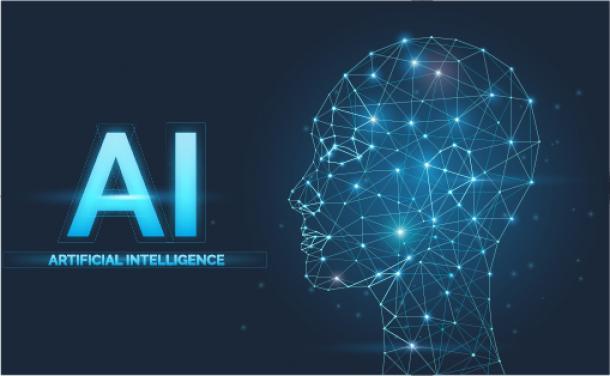
Artificial intelligence (AI) is increasingly being used in disaster response efforts around the world. From predicting and preventing disasters to coordinating and delivering aid, AI is playing a vital role in saving lives and reducing suffering.
One area where AI is making a significant impact is in the prediction and prevention of disasters. Machine learning algorithms can analyze data from a variety of sources, such as satellite imagery and weather patterns, to identify potential disasters and alert authorities. For example, a team at the Massachusetts Institute of Technology (MIT) developed an AI system that can predict the likelihood of a building collapsing during an earthquake up to two weeks in advance. According to MIT News, the system “could help authorities prioritize which buildings to evacuate or reinforce before an earthquake strikes, potentially saving lives and resources.”
AI is also being used to coordinate and deliver aid during disasters. Drones equipped with AI can be used to map affected areas and identify the location of victims in need of assistance. In addition, chatbots and virtual assistants can be used to communicate with disaster victims and provide them with information and support. For example, the International Federation of Red Cross and Red Crescent Societies (IFRC) developed an AI-powered chatbot called “Virtual Volunteer” that can provide disaster victims with information on evacuation centers and emergency services.
The use of AI in disaster response is not without its challenges, however. There are concerns about the potential for AI to perpetuate biases and discrimination, as well as the need for appropriate safeguards and accountability. As Deborah Raji, a researcher at the AI Now Institute, told the BBC, “We have to be mindful of the fact that AI is not a neutral technology. It is reflective of the biases and inequalities that exist in society.”
Despite these challenges, the potential for AI to improve disaster response and save lives is significant. As Dr. Robin Knowles, head of the Humanitarian AI Unit at the IFRC, told Forbes, “AI has the potential to be a game-changer in the humanitarian sector, allowing us to better predict, prevent, and respond to disasters and crises.” With careful planning and ethical consideration, AI has the potential to revolutionize the way we respond to disasters and help those in need.
One major concern about the use of AI in disaster response is the potential for it to perpetuate biases and discrimination. For example, if an AI system is trained on data that is biased, it may make decisions that are unfairly biased against certain groups of people. This is a particularly important issue in the context of disaster response, as marginalized communities may be more vulnerable to disasters and in need of aid. It is important for organizations to be aware of this potential issue and take steps to ensure that their AI systems are unbiased and fair.
Another challenge of using AI in disaster response is the need for appropriate safeguards and accountability. As with any technology, there is a risk that AI could be used in ways that are unethical or harmful. For example, there may be concerns about the use of drones to gather data on disaster victims or the use of chatbots to communicate with disaster victims in ways that are intrusive or manipulative. It is important for organizations to carefully consider the potential risks and benefits of using AI in disaster response and to establish clear guidelines and policies to ensure that it is used ethically and responsibly.
Overall, the use of AI in disaster response has the potential to significantly improve our ability to predict, prevent, and respond to disasters. By leveraging the power of machine learning and data analytics, we can more effectively identify and address the needs of those affected by disasters and help to save lives and reduce suffering. However, it is important for organizations to be mindful of the potential challenges and to ensure that AI is used ethically and responsibly.
References:
- “MIT researchers develop AI that can predict building collapse during earthquakes” (MIT News, 2021) https://news.mit.edu/2021/ai-predict-building-collapse-earthquakes-0106
- “AI helps disaster relief efforts” (BBC, 2020)
- “How AI is transforming humanitarian efforts” (Forbes, 2020)